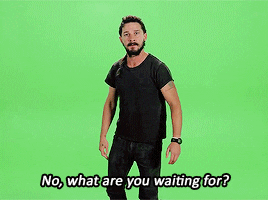Yo yo yo, I know it is a bit outside of the topic of PKMN, but since E4 has people with all types of lived experiences I thought I would ask. How do you manage nerves in stressful situations / how do you prevent your nerves from decreasing your performance when it really counts?
Background: After two rounds of interviews, first over the phone then over zoom, I have a “superday” with a company called Evercore. This superday will comprised of 4 30-minute interviews with mid-level to senior managers (3 VPs and an MD for any IB folks out there). They are flying in on Thursday to their NYC office, and I am beyond nervous. I have studied guides, primers, and networked with professionals for over 150 hours (over a year so it really is not that much), but am super worried. I had a superday with another bank, Citi, but was overly nervous and got rejected. Very much worried about a repeat… expected at a firm I would love to be at.
